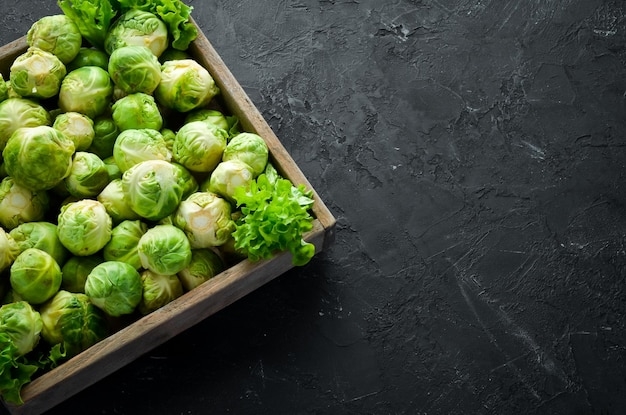Chickpeas are a type of legume that has been cultivated for thousands of years. They are also known as garbanzo beans and are a staple in many cuisines around the world. Chickpeas are a versatile ingredient and can be used in soups, stews, salads, and curries. They are also a great source of fiber, protein, and iron. In this article, we will discuss the nutritional benefits of chickpeas and how you can incorporate them into your diet.
Nutritional Benefits of Chickpeas
Chickpeas are a nutrient-dense food that provides a variety of health benefits. Here are the nutritional benefits of chickpeas per 100g:
Fiber
Chickpeas are an excellent source of dietary fiber. In fact, they contain about 12.5 grams of fiber per 100g. Fiber is important because it helps to regulate digestion and prevent constipation. It can also help to lower cholesterol levels and reduce the risk of heart disease.
Protein
Chickpeas are a great source of plant-based protein. They contain about 8.9 grams of protein per 100g. Protein is important for building and repairing tissues in the body. It is also important for maintaining muscle mass and bone health.
Iron
Chickpeas are a good source of iron. They contain about 2.9 mg of iron per 100g. Iron is important for the production of red blood cells in the body. It is also important for maintaining energy levels and preventing anemia.
How to Incorporate Chickpeas into Your Diet
Chickpeas are a versatile ingredient that can be used in a variety of dishes. Here are some ways to incorporate chickpeas into your diet:
Hummus
Hummus is a popular Middle Eastern dip made from chickpeas, tahini, olive oil, lemon juice, and garlic. It is a great snack or appetizer and can be served with pita bread, crackers, or vegetables.
Salads
Chickpeas can be added to salads for an extra boost of protein and fiber. They also add a nutty flavor and crunchy texture to salads.
Curry
Chickpeas are a common ingredient in Indian and Middle Eastern curries. They can be simmered in a spicy tomato-based sauce or in a creamy coconut-based sauce.
Soups and Stews
Chickpeas can be added to soups and stews for extra protein and fiber. They also add a heartiness and texture to soups and stews.
Frequently Asked Questions (FAQs)
Q: Are chickpeas gluten-free?
A: Yes, chickpeas are gluten-free. They are a great alternative to grains for people who are gluten intolerant.
Q: Can I eat chickpeas if I am following a low-carb diet?
A: Chickpeas are relatively high in carbohydrates, so they may not be suitable for people following a strict low-carb diet. However, they are a good source of fiber and protein, so they can be included in a balanced diet in moderation.
Q: Can chickpeas be eaten raw?
A: Chickpeas should be cooked before eating. Raw chickpeas contain a toxin called lectin, which can cause digestive issues.
Q: Are canned chickpeas healthy?
A: Canned chickpeas are a convenient option, but they can be high in sodium. To reduce the sodium content, rinse canned chickpeas before using them.
Q: How long do cooked chickpeas last in the refrigerator?
A: Cooked chickpeas can last for up to 5 days in the refrigerator if stored in an airtight container.
Conclusion
Chickpeas are a nutrient-dense food that provides a variety of health benefits. They are a great source of fiber, protein, and iron. They can be incorporated into a variety of dishes, including salads, soups, stews, and curries. Chickpeas are also gluten-free and can be a good alternative to grains for people who are gluten intolerant. If you are looking to add more plant-based protein and fiber to your diet, consider incorporating chickpeas into your meals.

















































